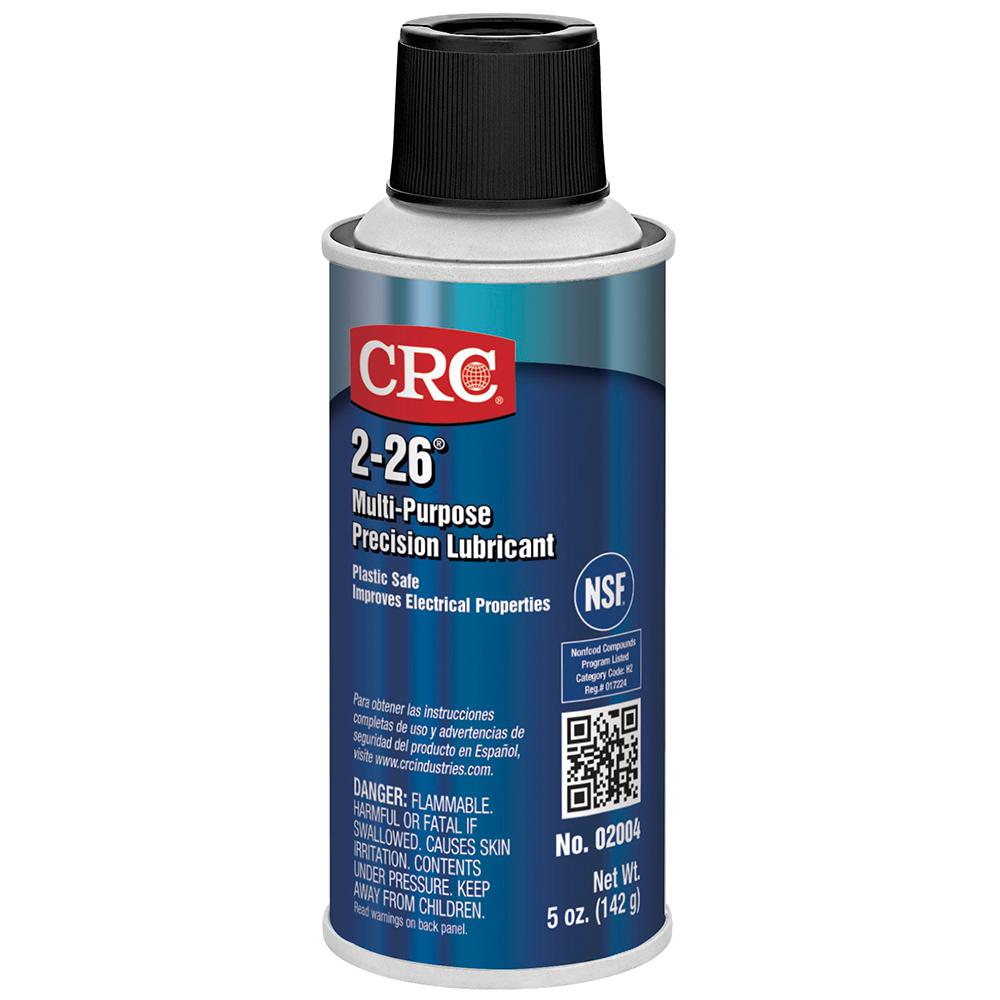A search in what I considered to be the appropriate forum revealed nothing.
http://www.supercheapauto.com.au/Product/Power-Plus-Graphite-Powder-Lubricant-35g/1173
I am looking to gather opinions about this sort of product as a preventative measure.
There seems to be a bit of pro/con out there in Googleland, so I considered it best to ask the knowledgeable folk here.
If anyone is able to do a more effective search than what I could manage, I would be happy to be pointed in the right direction.
Thanks.
http://www.supercheapauto.com.au/Product/Power-Plus-Graphite-Powder-Lubricant-35g/1173
I am looking to gather opinions about this sort of product as a preventative measure.
There seems to be a bit of pro/con out there in Googleland, so I considered it best to ask the knowledgeable folk here.
If anyone is able to do a more effective search than what I could manage, I would be happy to be pointed in the right direction.
Thanks.
Last edited:



